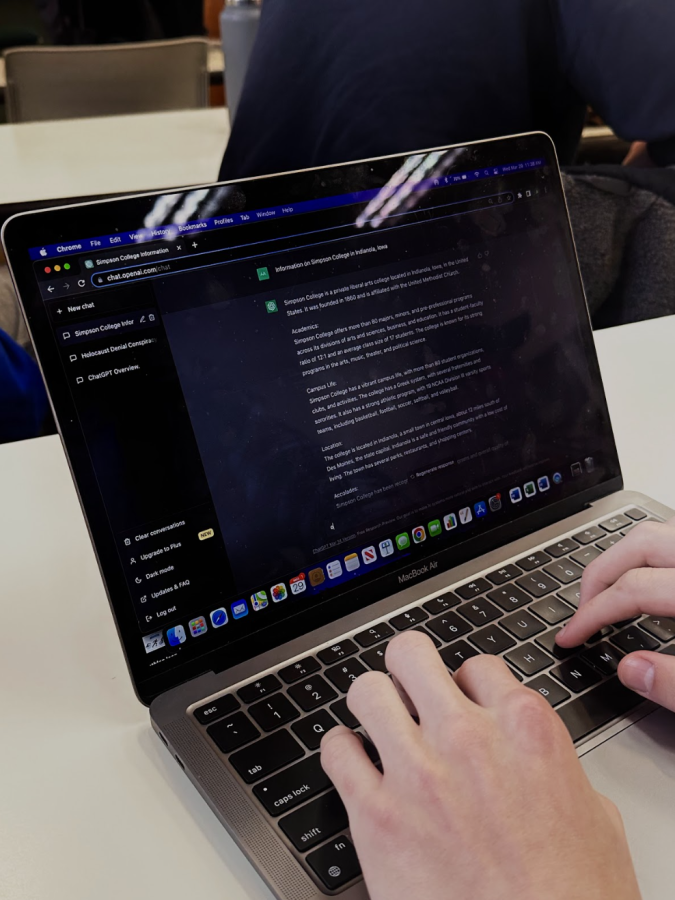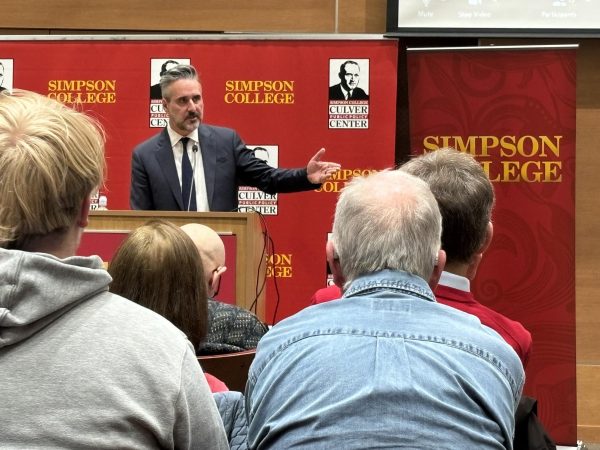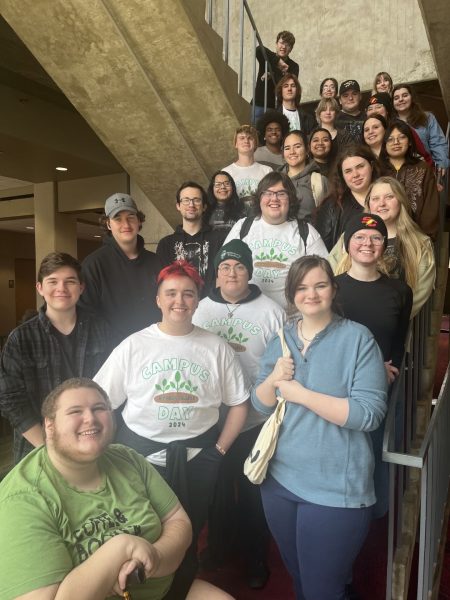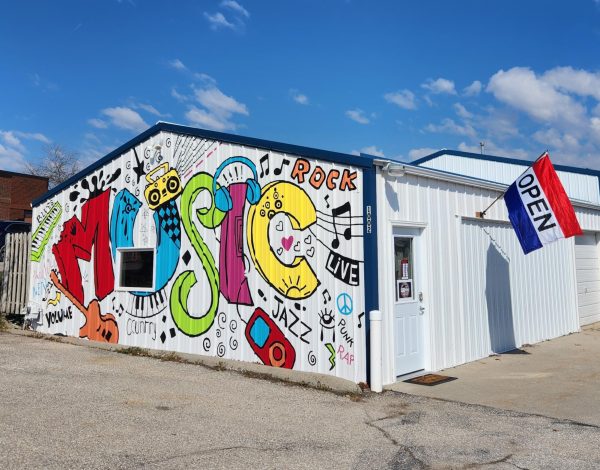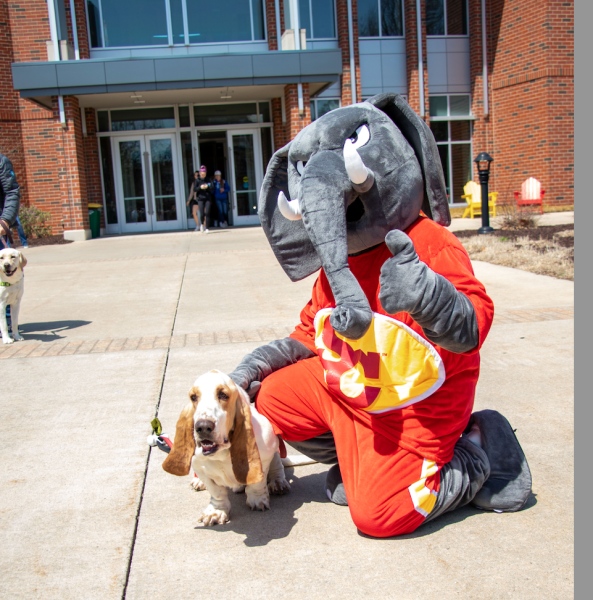ChatGPT infects campus
ChatGPT and other AI programs like it have taken higher education by storm. Do the benefits outweigh the threats?
March 29, 2023
New and upcoming technology is allowing students to cheat their way through assignments. ChatGPT is an artificial intelligence (AI) developed by OpenAI to assist users in generating human-like responses to their requests.
ChatGPT has analyzed over 150 billion websites and uses this data to develop writing for whatever subject a person needs.
For a person to use ChatGPT, all they have to do is type in what needs to be written. After that, they can sit back and let the AI do the work.
One of the most impressive features of ChatGPT is its ability to generate responses that are similar in tone and style to human-generated text. This is achieved through natural language processing techniques that allow the model to analyze and understand the nuances of language, including grammar, syntax and context.
As a matter of fact, it is so advanced that the paragraph above was generated by ChatGPT. So why doesn’t every student use this to their advantage?
Don’t be fooled into using ChatGPT on your assignments. It isn’t as advanced as some may think. Some websites can identify if text was written by AI.
Nothing can stop a student from using ChatGPT, but a professor can go to a website called GTP0 and insert text to see what was written by AI. There are more websites that can check if text is AI-generated but GTP0 is the most popular.
“I don’t think it’s a bad thing. I think it’s a new thing,” Dan Sloan, chief information technology officer of Simpson College, said. “When we went to college, complex calculators were the new thing people started to use. Professors then didn’t know how to deal with students using them.”
Sloan doesn’t promote students using AI to write papers for them, but he sees it more as a research tool.
“There is this apprehensiveness that teachers have when new technology, new disruptive technology comes along, and I think that’s what we’re seeing with this AI concept,” he said.
It’s undeniable that students on campus have been using ChatGPT, but the more popular it gets, the more professors will check to see if essays were AI-generated.
After running a random poll of students, four out of twenty admitted to at some point using ChatGPT. If this poll is accurate to the entire Simpson campus, 20% of students have used ChatGPT to help them in their classes.
Multimedia professor Brian Steffen is strongly against the use of ChatGPT. He was a reporter himself, and assigns work in his classes that involve extensive writing. He believes that students don’t learn if they use the tool.
“Unfortunately, we have a lot of students who do not consider themselves writers . . . and this makes it easier for them to do,” Steffen said.
Regardless of stance, ChatGPT and other AI like it are going to affect all higher education institutions for the foreseeable future.



